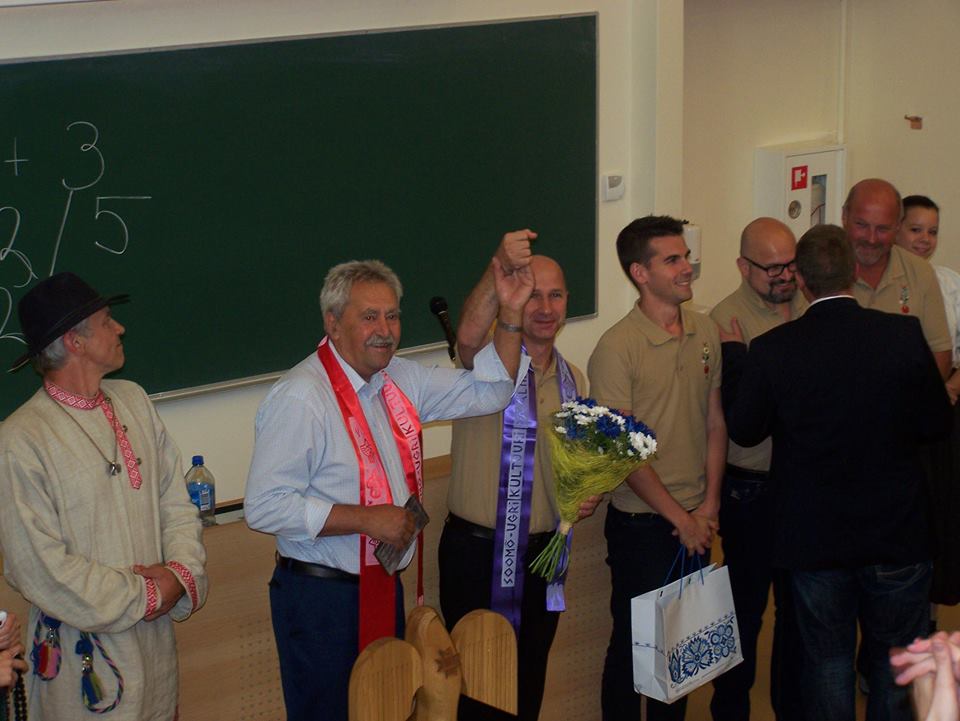
The non-standard but unanimous decision to award Finno-Ugric Capital of Culture title to two locations reflected complementary strengths of two finalists: village of Iszkaszentgyörgy (2000 residents) and City of Veszprém (63 000 residents). In particular, jury of the competition appreciated a professional and spirited live presentation by Iszkaszentgyörgy while acknowledging numerous strengths in the application of Veszprém along with significant opportunities for the Finno-Ugric Capitals of Culture programme arising from the larger scale and visibility of Veszprém. Another reason for awarding the shared title is the geographic proximity of two finalists that will enable the inclusion of the broader Central Transdanubian region into the Finno-Ugric Capital of Culture 2016 programme.
The fact that the next Finno-Ugric Capitals of Culture will be in Hungary is a significant development for the entire Finno-Ugric world by enabling Hungary to play an even more active and constructive role in international Finno-Ugric collaboration and movement.
Finno-Ugric Capitals of Culture is an initiative of MAFUN – Youth Association of Finno-Ugric Peoples – with the objectives to strengthen common identity of kindred Finno-Ugric and Samoyedic peoples, to raise awareness of Finno-Ugric and Samoyedic peoples and languages and the Uralic language family, and to stimulate cultural, economic and civic development on a local level. First-ever Finno-Ugric Capital of Culture was Udmurtian village Bygy (www.bygy.info) in 2014 and the current holder of this title is Seto village Obinitsa – Finno-Ugric Capital of Culture 2015 (www.obinitsa.net).
More information about the Finno-Ugric Capitals of Culture programme is available on the programme website www.uralic.org .
CONTACT
Oliver Loode
Programme Bureau of Finno-Ugric Capitals of Culture
oliver.loode@uralic.org, Tel. +372 513 2992
Write first comment